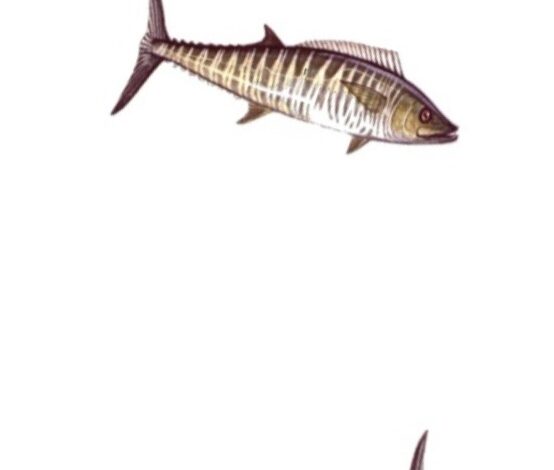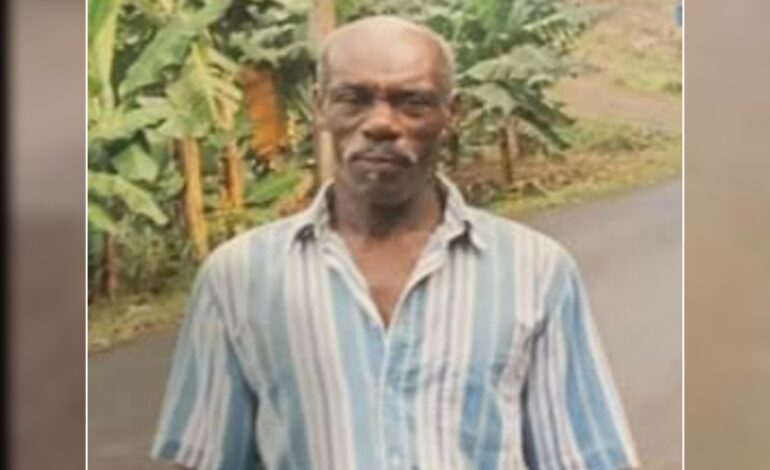
Fisherfolk in St. Vincent and the Grenadines met on Tuesday, September 1 to carefully examine why the special needs of the sector were not taken fully on board by social protection measures during the recent shocks of La Soufriere volcano and the COVID-19 pandemic. Under the Global Environment Facility funded Developing Organizational Capacity for Ecosystem Stewardship and Livelihoods in Caribbean Small-Scale Fisheries project, being implemented by The Food and Agriculture Organization of the United Nations (FAO), the stakeholder meeting worked on developing a Shock-Responsive Social Protection Strategy and Action Plan for the Small-Scale Fisherfolk of St. Vincent and the Grenadines.
Well managed social protection systems ensure that every person enjoys a basic set of rights, services and facilities, that includes coverage for life cycle risks such as loss of employment and injury, as well as access to good sanitation, water, health and education, and also preventive measures such as insurance schemes. Shock-responsive social protection guarantees social protection services that can cope with shock.
At the stakeholder’s meeting that brought together some of St. Vincent and the Grenadines’s strongest industry advocates and participants, the fisherfolk spoke passionately on some matters of concern. Some of them had decades of experience and wisdom from working in the industry and applauded the effort to secure shock-responsive social protection for the small-scale fisherfolk, especially as St. Vincent and the Grenadines is prone to a range of hazards apart from volcanic eruptions.






